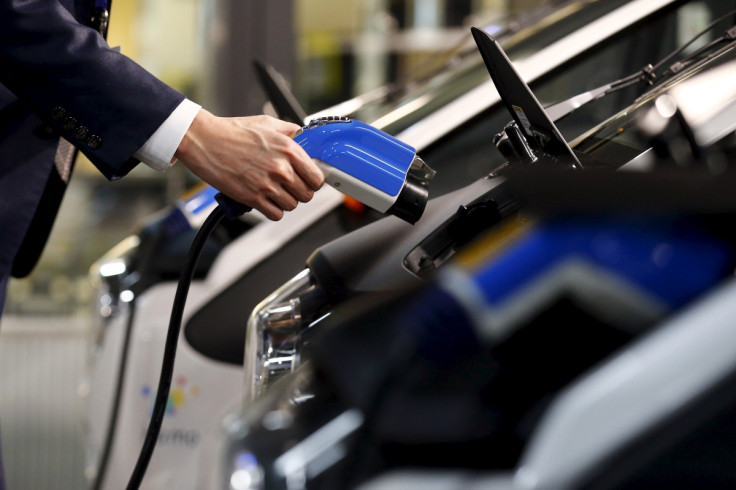Fully electric Uber cars are now available in London
Fully electric cars from Nissan and BYD to be offered to Uber's top-rated drivers from 31 August.

Starting today, 31 August, Uber will begin using electric cars in London. The smartphone app-based car-hailing service aims to have over 50 electric cars on London's streets by the end of September.
If an initial test period is deemed a success, then Uber will work to have "hundreds" of fully electric vehicles available in London and another as-yet unnamed UK city in 2017.
The new cars, which are being offered to "top-rated" Uber drivers first, include the Nissan Leaf and the lesser-known E6 by Chinese electric car and battery company BYD.
Uber says the vehicles are being offered to select drivers "at great rates" to encourage them to switch from their current car. Over 60% of London's Uber journeys are done in the efficient and economically-friendly Toyota Prius hybrid, but other drivers still use regular petrol and diesel cars like the Ford Galaxy.
A three-month study into Uber's electric vehicle use will be conducted by Energy Saving Trust. This will examine the feasibility of running large numbers of electric private hire vehicles in the UK. This trial period will also look at driving patterns of those using electric cars, and be a major test for London's current car charging network.
The Nissan Leaf has a range of around 125 miles before it needs recharging, a process which can take around 30 minutes to reach 80%, or considerably longer to refill the battery completely.
Jo Bertram, regional general manager of Uber in the UK, said: "People already associate Uber with hybrid cars, but we now want to go a big step further with fully electric cars on the road from today. We are determined to use technology to help tackle the challenge of air pollution in London and across the UK."
Although confident of the environmental change electric Uber cars could have, Bertram admits "there are challenges ahead." She added: "A bigger roll out of fully electric cars needs a good network of charging points and the economics must add up for drivers too. That's why the three-month study by the Energy Saving Trust is so important."
© Copyright IBTimes 2025. All rights reserved.






















